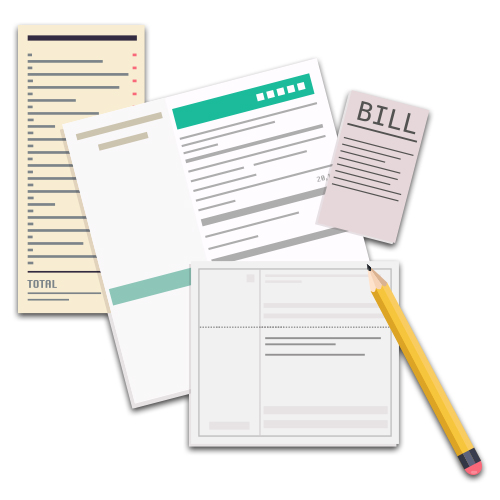When it comes to teaching children money management basics, there’s an abundance of useful tools available, from books to personal finance apps to family games. But beyond these supplemental resources, there’s an even simpler way to kickstart their financial education: a savings account.
There is no minimum age requirement for opening a children’s savings account (you can even start one for a new baby in the family) and managing a savings account for children allows them real-time knowledge and application of personal finance. Even small sums can yield big benefits! Here are just a few reasons you should consider starting one today if you haven’t already.
Benefits of a Children’s Savings Account
Encourages A Savings Mindset
Is there something your child has been coveting for a while—a new Lego set, video game or the latest and greatest in kid tech? It can be difficult for kids to resist the urge to spend newly earned allowance, especially younger children who are learning concepts around patience. With a savings account, they can learn that patience literally pays off.
Whether they complete chores for allowance at home or are old enough to have a part-time job after school, depositing their money into a savings account allows them to see that that even small sums like $5 or $10 each week can add up quickly.

Provides Financial Education
People often lament that money skills are not taught in schools. Establishing a savings account for your child can fill that knowledge gap.
Managing a savings account is a practical, hands-on approach to financial education. Children learn how to make deposits and withdrawals, how to track their account balance and read statements, and learn how compound interest works. These are foundational life skills that will serve them well as they grow up and begin to tackle their own finances.
Builds Confidence
For both children (and the adults in their life), confidence is often tied to knowledge and a sense of your ability to achieve goals. This applies to money management: when children have their own savings account, they can feel a sense of pride and accomplishment as they watch their money grow.
They can see the progress they are making toward their personal milestones and feel confident in their ability to impact financial outcomes. This can foster greater self-esteem and an increased sense of autonomy when it comes to making decisions.
Prepares Them For The Future
Opening a savings account for your child is an excellent opportunity to have a candid conversation about their financial goals for the future, especially as they gain more independence. Do they want to save money for a fun trip in the future? Do they want to invest in their own education or start putting away money for a vehicle purchase?
While specific money goals may be different across families or generations, simply having a goal and being intentional towards achieving it is important—and there are truly no drawbacks to saving early.
This information brought to you by GreenPath Financial Wellness.

Tips for Opening a Children’s Savings Account
- Bring your own identifying information to your financial institution such as a passport or driver’s license.
- Have basic information ready including yours and your child’s birthday and social security number.
- Be ready to make a minimum deposit if necessary ($25 to open a Youth Savings Account at SafeAmerica Credit Union).
- When possible, select a savings account that doesn’t require monthly maintenance fees that can diminish the amounts you and your child invest (there is no monthly service fee for a Youth Savings Account at SafeAmerica Credit Union).
- Choose an account that provides user-friendly online features (like Mobile Deposit and the ability to transfer between linked accounts) that you and your child can use together.
- Consider a high yield interest savings account, such as our Youth Share Certificate.








